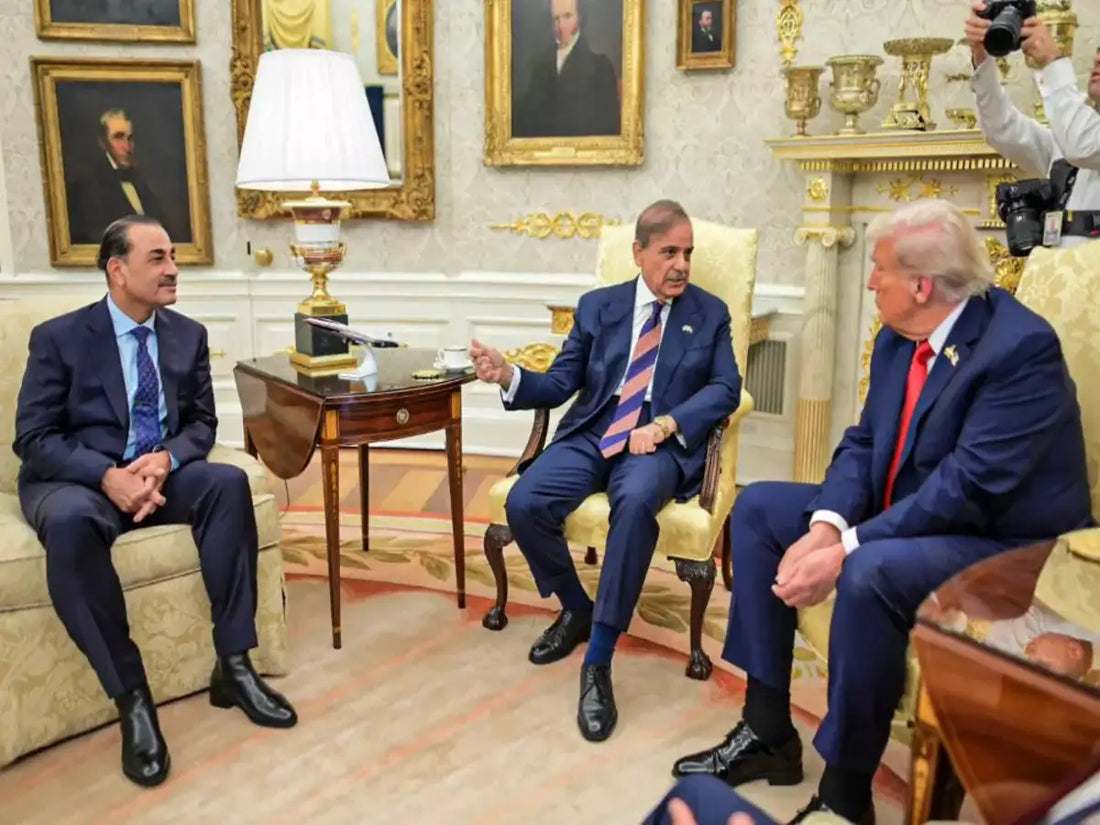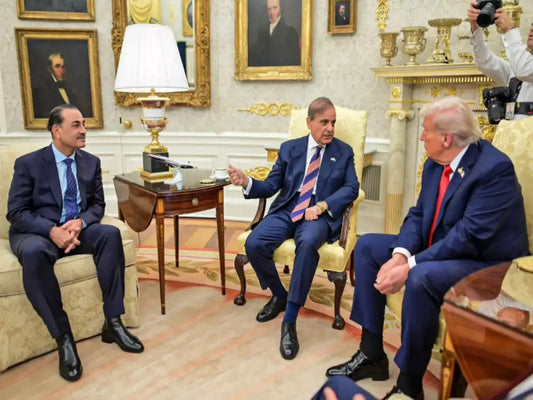U.S. Clarifies Misunderstanding: No New AMRAAM Missile Sales to Pakistan

The United States has categorically denied recent media claims that Pakistan is set to receive a new set of Advanced Medium-Range Air-to-Air Missiles (AMRAAMs) under an amended defense agreement.
An official statement from the U.S. Embassy in Islamabad clarified that the recent contract amendment is strictly for sustainment and spare parts support for existing systems. It does not entail the delivery of new missiles or technological upgrades to Pakistan.
This clarification was issued following confusion over an announcement by the U.S. Department of War on September 30. The announcement mentioned an amendment to an existing Foreign Military Sales (FMS) contract covering several allied countries, including Pakistan. The embassy stressed that “contrary to false media reports, no part of this contract modification is for deliveries of new AMRAAMs to Pakistan.”
The misunderstanding reportedly arose because Pakistan was included in the list of nations under the updated contract with Raytheon Co., based in Tucson, Arizona. This contract modification, valued at USD 41 million, brings the total contract value to over USD 2.5 billion and supports multiple countries such as the UK, Germany, Israel, Japan, and Saudi Arabia, with completion expected by May 2030.
U.S. officials have clarified that Pakistan’s inclusion is solely for logistics and maintenance support under the current framework, without any new production, upgrades, or missile transfers.
The clarification comes after Pakistan’s Dawn newspaper speculated about a possible resumption of arms supplies following recent diplomatic interactions between Washington and Islamabad.
This development follows a meeting between Pakistan’s Prime Minister Shehbaz Sharif and Army Chief General Asim Munir with U.S. President Donald Trump in September, which had fueled speculation about renewed military collaboration. However, Washington has emphasized that the contract amendment is purely administrative and is intended to sustain previously supplied systems.
In 2007, Pakistan had initially acquired around 700 AIM-120 AMRAAMs as part of its F-16 modernization program, marking one of the largest international orders for the missile at that time. Since then, the U.S. has refrained from delivering new missiles due to deteriorating defense relations.
By reaffirming that no new deliveries or upgrades are involved, the U.S. seeks to dispel rumors about enhanced Pakistani air capabilities and maintain transparency amid the sensitive security dynamics in South Asia.



















